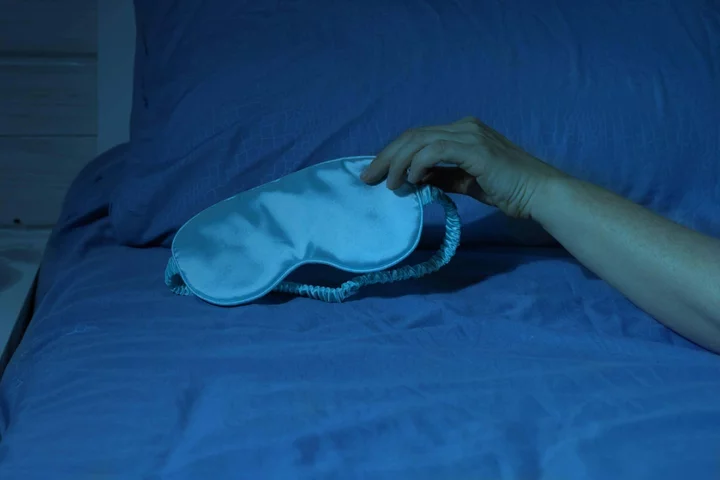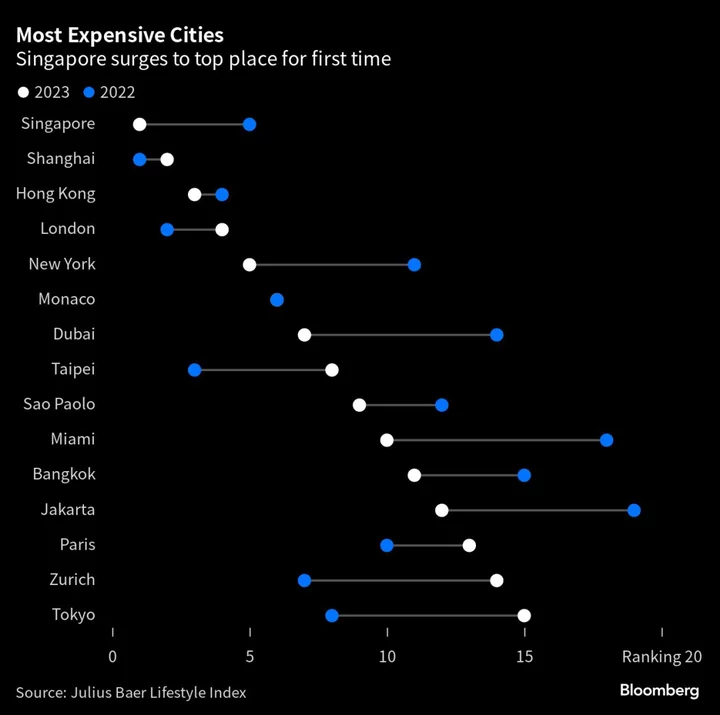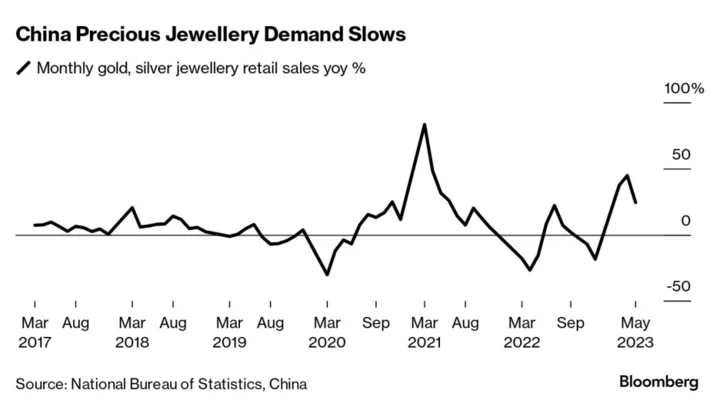
War in Ukraine: TV reporter fled to safety in Belfast
Former TV reporter and presenter Kateryna Fuglevych recalls her frightening journey out of Ukraine.
1970-01-01 08:00

Oxford children's choir helps Ukrainian refugees 'not feel alone'
The group holds weekly session in Oxford for young refugees forced to flee their homes by war.
1970-01-01 08:00

Living la vida yoga: India's Modi will bend leaders into shape on International Yoga Day
When Indian Prime Minister Narendra Modi leads foreign dignitaries and bureaucrats in a session for International Yoga Day on Wednesday at the United Nations’ Secretariat in New York, millions of Indians will take note
1970-01-01 08:00

Regular daytime naps could be good for the brain, study shows
Regular daytime naps could be good for brain health, new research suggests. Daytime napping could slow the rate at which brains shrink as we age, the study led by researchers at UCL and the University of the Republic in Uruguay found. The researchers hope their findings into the health benefits of sleeping during the day will reduce any stigma that still exists around daytime napping. The study suggests the average difference in brain volume between people programmed to be habitual nappers and those who were not was equivalent to 2.6 to 6.5 years of ageing. Our findings suggest that, for some people, short daytime naps may be a part of the puzzle that could help preserve the health of the brain as we get older Dr Victoria Garfield, UCL Senior author Dr Victoria Garfield, MRC Unit for Lifelong Health & Ageing at UCL, said: “Our findings suggest that, for some people, short daytime naps may be a part of the puzzle that could help preserve the health of the brain as we get older.” The study, published in the journal Sleep Health, analysed data from people aged 40 to 69. Past research has suggested people who have had a short nap perform better in cognitive tests in the hours afterwards than those who did not nap. The new study looked at whether there was a causal relationship between daytime napping and brain health. Researchers looked at 97 snippets of DNA thought to determine people’s likelihood of habitual napping. They compared measures of brain health and cognition of people who are more genetically programmed to nap with people who did not have these changes in DNA, using data from 378,932 people from the UK Biobank study. They found that, overall, people predetermined to nap had a larger total brain volume. The genetic variants – DNA changes – influencing the likelihood of someone to nap were identified in an earlier study looking at data from 452,633 UK Biobank participants. But the researchers did not find a difference in how well those programmed to be habitual nappers performed on three other measures of brain health and cognitive function. Lead author and PhD candidate Valentina Paz, University of the Republic (Uruguay) and MRC Unit for Lifelong Health and Ageing at UCL, said: “This is the first study to attempt to untangle the causal relationship between habitual daytime napping and cognitive and structural brain outcomes. “By looking at genes set at birth, Mendelian randomisation avoids confounding factors occurring throughout life that may influence associations between napping and health outcomes. “Our study points to a causal link between habitual napping and larger total brain volume.” Dr Garfield added: “I hope studies such as this one showing the health benefits of short naps can help to reduce any stigma that still exists around daytime napping.” Read More Dramatic rise in the number of women freezing their eggs Paramedics who found ‘poisoned’ couple dead in Mexico hotel room also fell ill Bruce Willis’ family honours him with first Father’s Day tributes since announcing his dementia diagnosis Richard Ford on Frank Bascombe, getting older and literary feuds: ‘At my age I can’t get into fistfights’ Families’ ‘disappointment’ as Croydon tram disaster driver cleared
1970-01-01 08:00

Why power in Congress is now so precarious
Control of Congress has become so precariously balanced between the two parties that it may now be subject to the butterfly effect.
1970-01-01 08:00

These Are World’s Most Expensive Cities For High-Class Living
Singapore surged to top the rankings as the most expensive city in the world for luxury living for
1970-01-01 08:00

Surge in China’s Demand for Gold Is Slowing as Economy Stumbles
The jitters affecting the world’s second-biggest economy are starting to feed through into China’s gold market. A surge
1970-01-01 08:00

TerraUSD: South Korea 'cryptocrash king' Do Kwon jailed
The collapse of the terraUSD stablecoin and the associated Luna token rocked cryptocurrency markets.
1970-01-01 08:00

Uganda ADF school attack: I covered myself in blood to hide
A student tells the BBC he survived an attack by suspected Islamist rebels by pretending to be dead.
1970-01-01 08:00

Global network of sadistic monkey torture exposed by BBC
A year-long investigation uncovers a sadistic abuse network stretching from Indonesia to the US.
1970-01-01 08:00

New Planes and China Combine to Crimp Oil’s Key Demand Driver
This year’s much-anticipated rebound in air travel is sputtering, with profound implications for the global oil market. In
1970-01-01 08:00

Angry Bird: When Waldo the Ostrich Tried to Kill Johnny Cash
An ornery bird once tried to disembowel the Man in Black.
1970-01-01 08:00
